Episodes
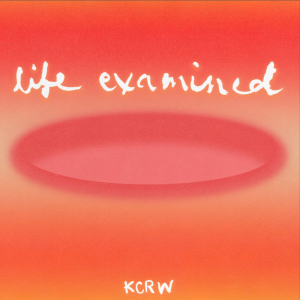
Saturday Oct 08, 2022
Saturday Oct 08, 2022
Jonathan Bastian talks with Dr. Anna Lembke, director and chief of the Stanford Addiction Medicine Dual Diagnosis Clinic, about the role of dopamine in the brain. She also offers advice on keeping the pursuit of pleasure in check and maintaining balance and contentment, and discusses her New York Times bestseller “Dopamine Nation: Finding Balance in the Age of Indulgence.”
“We're living in an adicto-genic world,” says Lembke. “In which almost all substances and human behaviors, even behaviors that we typically think of as healthy and adaptive, like reading, have become addicted, have become drug refined, in some way made more potent, more accessible, [and] the internet has absolutely exploded this phenomenon.”
Delve deeper into life, philosophy, and what makes us human by joining the Life Examined discussion group on Facebook.
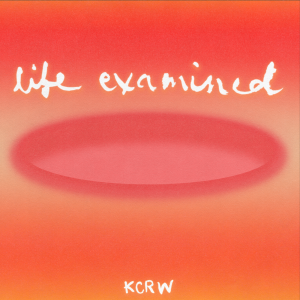
Friday Sep 30, 2022
Friday Sep 30, 2022
Clinical Psychologist Julia Rucklidge discusses the role of nutrition in treating and preventing mental health disorders. Author Michael Moss talks about how food is being designed to keep us wanting more.
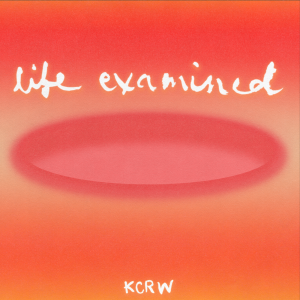
Saturday Sep 24, 2022
Saturday Sep 24, 2022
Jonathan Bastian talks with Kieran Setiya, professor of philosophy at Massachusetts Institute of Technology about some best practices when it comes to coping with pain, loneliness, loss, and failure. Setiya’s latest book is Life Is Hard: How Philosophy Can Help Us Find Our Way.
“Let's never stop acknowledging that life is hard, not in a bleak way, but I hope, in the end, a constructive way,” Setiya says. “ Try to approach the good life philosophically with attention to that, not some abstract theory”
Delve deeper into life, philosophy, and what makes us human by joining the Life Examined discussion group on Facebook.
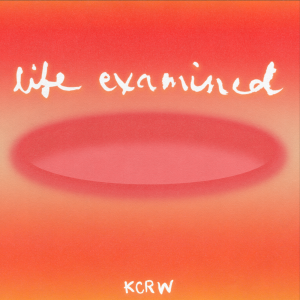
Saturday Sep 17, 2022
Saturday Sep 17, 2022
Philosopher Alain de Botton shares his thoughts on love and relationships. Psychologist Tracy Dennis-Tiwary explains why anxiety is on the rise.

Saturday Sep 10, 2022
Saturday Sep 10, 2022
Philosopher Will MacAskill argues that protecting the future of humanity is the moral priority of our time. Historian Tyrone McKinley Freeman explains philanthropy’s rich tradition within the African American community.
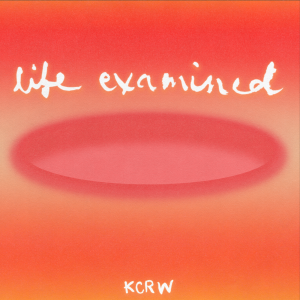
Saturday Sep 03, 2022
Saturday Sep 03, 2022
Psychiatrist Wesley Boyd talks about the challenges of accessing mental health care. Writer Charlotte Cowles describes her own experience seeking therapy for the first time.
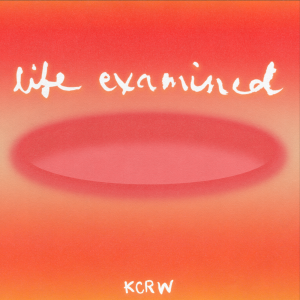
Saturday Aug 27, 2022
Saturday Aug 27, 2022
Economist Russ Roberts discusses the challenges of using rationality when facing big life decisions. Entrepreneur Susannah Furr discusses navigating and thriving with uncertainty.

Saturday Aug 20, 2022
Saturday Aug 20, 2022
Jonathan Bastian talks with cultural psychologist Batja Gomes de Mesquita, author of “Between Us: How Culture Creates Emotions” who makes the case that emotions are not innate but are rather shaped but our surroundings and cultures, made as we live our lives together. Later, Rosalind Picard, founder and director of the Affective Computing research group at the MIT Media Lab, explains how advances in AI can help computers analyze our emotions with the ultimate goal of making human lives better. Delve deeper into life, philosophy, and what makes us human by joining the Life Examined discussion group on Facebook.

Saturday Aug 13, 2022
Saturday Aug 13, 2022
Jonathan Bastian talks with Daniel Bergner, contributing writer for the New York Times, about his brother’s struggle with bipolar disorder and how the search for a better understanding inspired his latest book, “The Mind and the Moon: My Brother’s Story, the Science of Our Brains, and the Search for Our Psyches.”
“The propulsion of the book is just acknowledging and dealing with that family fear, which I know so intimately,” Bergner says. “Not preaching against medication but raising questions about the way we view our psyches, about the way we think about mental health, and about the limitations of medications.”
Bergner brings readers on a journey, following three people who experience varying mental disorders, including depression, anxiety, and symptoms of psychosis. Bergner speaks with researchers and top neuroscientists asking why we are still so far behind in understanding the way the mind works, how this affects modern treatment options, and also makes the case for alternatives to biological psychiatry.Delve deeper into life, philosophy, and what makes us human by joining the Life Examined discussion group on Facebook.
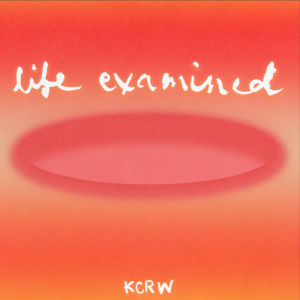
Saturday Aug 06, 2022
Saturday Aug 06, 2022
Ed Yong explores the hidden realms and senses of the animal kingdom. David Peña-Guzmán discusses the dream world of animals and what goes on when they sleep.


